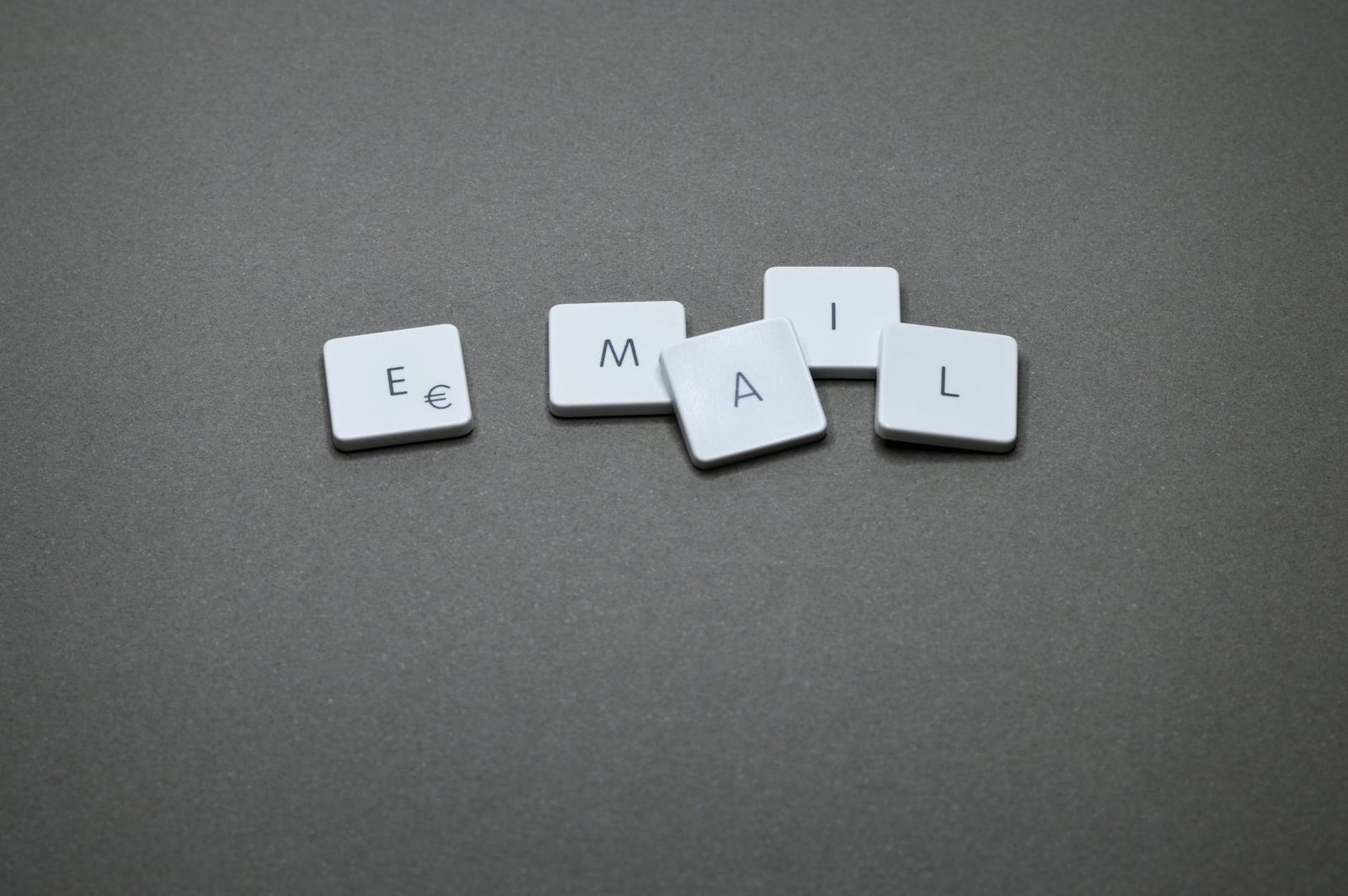
As a startup founder, you know the importance of reaching your target audience through marketing. However, with limited resources, it can be challenging to manage your marketing efforts while also growing your business. That’s where email marketing automation comes in.
Email marketing automation is the process of sending targeted, personalised emails to your subscribers at specific times based on their behaviour and preferences. In this article, we’ll discuss the benefits of email marketing automation for startups and how you can get started.
Why Email Marketing Automation is Essential for Startups
Email marketing automation can benefit startups in several ways:
- Saves time and resources: With email marketing automation, you can set up campaigns in advance, saving time and resources that can be used elsewhere in your business.
- Increases engagement: Personalized and targeted emails result in higher open and click-through rates, leading to increased engagement with your brand.
- Improves customer relationships: By sending relevant and timely emails, you can build stronger relationships with your subscribers and increase customer loyalty.
- Generates more revenue: Effective email marketing automation can lead to increased sales and revenue for your business.
How to Implement Email Marketing Automation for Your Startup
Now that you understand the benefits of email marketing automation, here are the steps you can take to implement it in your startup:
- Define your goals and target audience: Determine what you want to achieve with your email marketing campaigns and who your target audience is.
- Build your email list: Create a list of subscribers by offering a lead magnet or incentive for signing up.
- Choose an email marketing automation platform: Choose an email marketing automation platform that aligns with your business needs and goals. Popular options include Mailchimp, ConvertKit, and ActiveCampaign.
- Create a campaign strategy: Develop a campaign strategy that aligns with your goals and target audience. This includes creating personalized and targeted emails, setting up automation workflows, and segmenting your list based on behaviour and preferences.
- Monitor and adjust: Monitor your campaigns regularly and adjust your strategy as needed based on your metrics and customer feedback.
Conclusion
Email marketing automation can be a game-changer for startups looking to improve their marketing efforts. By sending targeted and personalised emails, you can save time and resources while also increasing engagement, improving customer relationships, and generating more revenue for your business.
If you’re ready to implement email marketing automation in your startup, consider working with me. I can help you set up your email marketing automation platform, develop a campaign strategy that aligns with your business goals, and monitor and adjust your campaigns for optimal results. Book a meeting with me below and take your startup’s marketing to the next level.
FAQs
There are many ways to build an email list for your startup, including offering a lead magnet or free download, running a contest or giveaway, or collecting email addresses through your website or social media channels. However, the most effective strategy is to create valuable and relevant content that speaks to your target audience’s needs and interests. By providing value through your content, you can attract more subscribers and build a loyal following over time.
Most email marketing automation platforms offer integrations with popular website builders and CRM systems, such as WordPress, Shopify, HubSpot, and Salesforce. By connecting your email marketing software with your website or CRM, you can automate tasks like lead capture, segmentation, and lead nurturing. This can help you streamline your marketing workflows and achieve better results with less manual effort.
To measure the ROI of your email marketing automation campaigns, you should track metrics like conversion rate, revenue generated, and cost per lead. You can also use tools like Google Analytics or your email marketing software’s analytics dashboard to track metrics like open rate, click-through rate, and unsubscribe rate. By analyzing these metrics over time and comparing them to your business goals, you can determine the effectiveness of your email marketing campaigns and make data-driven decisions about your marketing strategy.
Some best practices for email marketing automation include segmenting your email list, using a clear and concise subject line, personalizing your email content, and including a clear call-to-action. It’s also important to test and optimize your email campaigns over time, by tracking metrics like open rates, click-through rates, and conversion rates. By experimenting with different strategies and analysing your results, you can continually improve the effectiveness of your email marketing efforts.
Email marketing automation refers to the use of software tools to automate and streamline your email marketing campaigns. This can include setting up trigger-based emails, segmenting your email list based on user behavior, and creating personalized email content. For startups, email marketing automation can be a powerful tool for building relationships with customers, increasing engagement and conversions, and scaling your marketing efforts more efficiently.
Book a Chat
Search
Other Articles

Website Redesign: When and How to Revamp Your Website for Better Results

On-page SEO: How to Optimise Your Website for Search Engines

How to Choose the Right Web Hosting for Your Business

Website Maintenance: Why it’s Important and How to Do it Right

UX Design: How to Improve Your Website’s User Experience

Content Marketing for E-Commerce: How to Create Content that Converts


